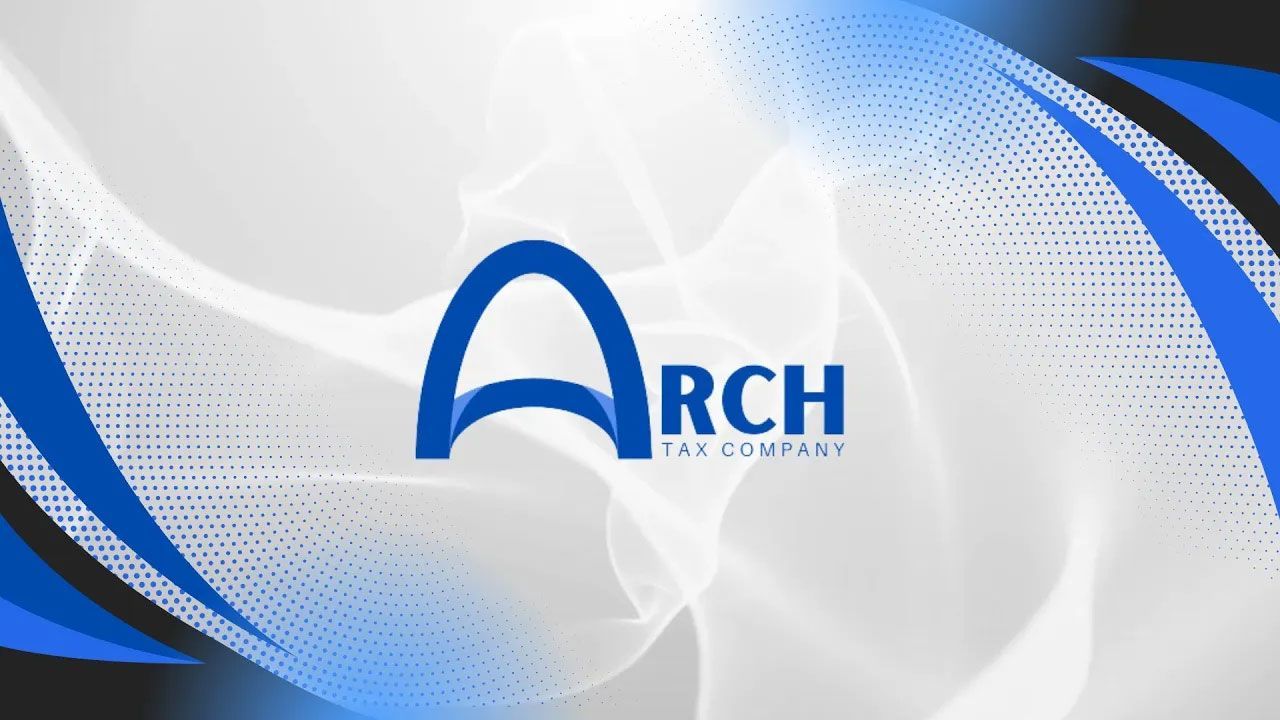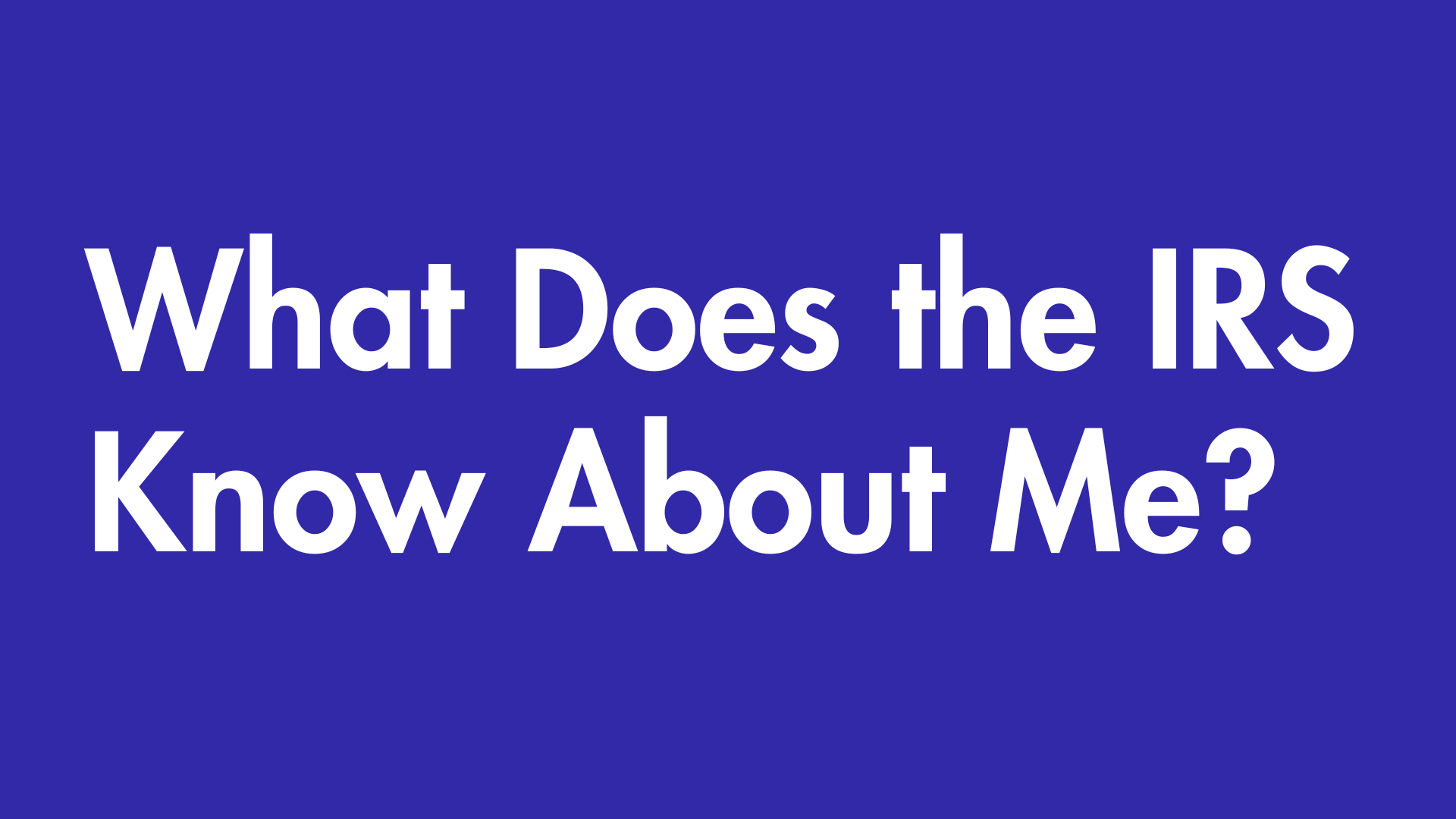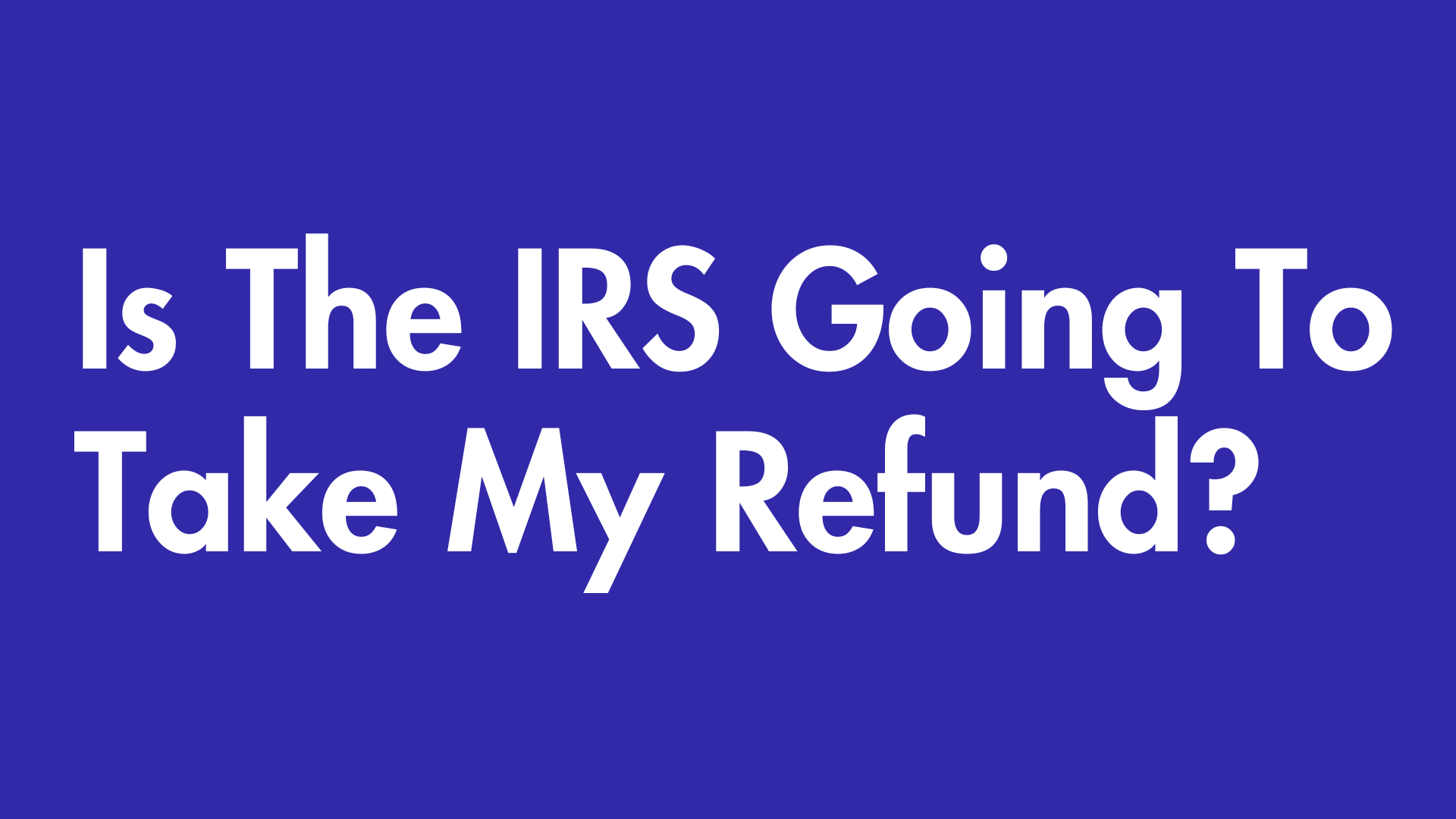What Is a Federal Tax Lien?
If you owe back taxes and haven’t responded to the IRS, you might receive something that sounds serious—and it is:
A Federal Tax Lien.
But what exactly is it?
And what does it mean for your home, your finances, and your future?
Let’s break it down.
What Is a Federal Tax Lien?
A federal tax lien is the government’s legal claim against your property when you neglect or fail to pay a tax debt.
It doesn’t mean the IRS is taking your property—yet. But it does mean they’re securing their interest so that if you sell or refinance, they get paid first.
What Does It Attach To?
Once a lien is filed, it attaches to almost everything you own, including:
- Real estate (your home or land)
- Personal property (cars, jewelry, collectibles)
- Financial assets (bank accounts, business assets)
- Future assets (anything you acquire after the lien is in place)
When Does the IRS File a Lien?
The process usually looks like this:
- IRS assesses the tax and sends a bill (Notice and Demand for Payment).
- You fail to fully pay the debt in time.
- The IRS files a public document called a Notice of Federal Tax Lien to alert creditors that the government has a legal right to your property.
Once filed, the lien becomes public record—and can impact your credit, loan approvals, and reputation.
How Does a Tax Lien Affect You?
- Credit Score Impact: Tax liens used to appear on credit reports (they no longer do), but lenders still may discover them through public records.
- Business Complications: It attaches to business property and accounts receivable.
- Refinancing or Selling Property: The lien can block your ability to sell or refinance until resolved.
- Stress & Risk: A lien is a warning shot—the IRS could escalate to a levy (actual seizure of assets) if the debt remains unresolved.
How to Remove a Federal Tax Lien
There are a few ways to deal with a lien:
- Pay the Tax Debt in Full: Once paid, the IRS releases the lien within 30 days.
- Request a Lien Withdrawal: In some cases, even if you haven’t paid in full, the IRS may agree to withdraw the lien to help you recover financially.
- Apply for a Discharge: You may be able to remove the lien from a specific property.
- Subordination: Allows other creditors to move ahead of the IRS, making it easier to get a mortgage or loan.
Final Thoughts
A federal tax lien doesn’t mean you’re out of options—but it does mean it’s time to act.
At Arch Tax, we help individuals and small business owners resolve tax debt and remove liens legally and efficiently. We’ll explain your options clearly—and fight to protect your property and peace of mind.
Worried about a tax lien or already received a notice?
Contact us at
www.archtaxco.com or
schedule a free consultation today.







